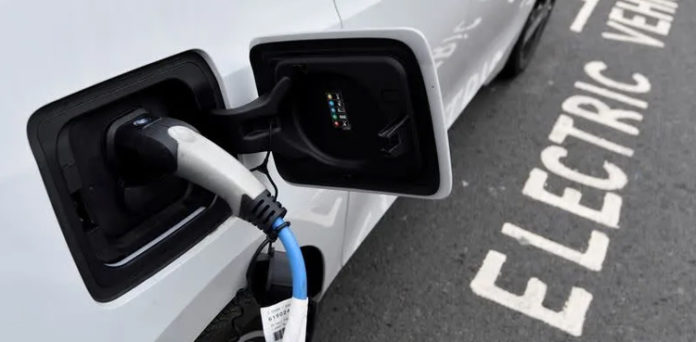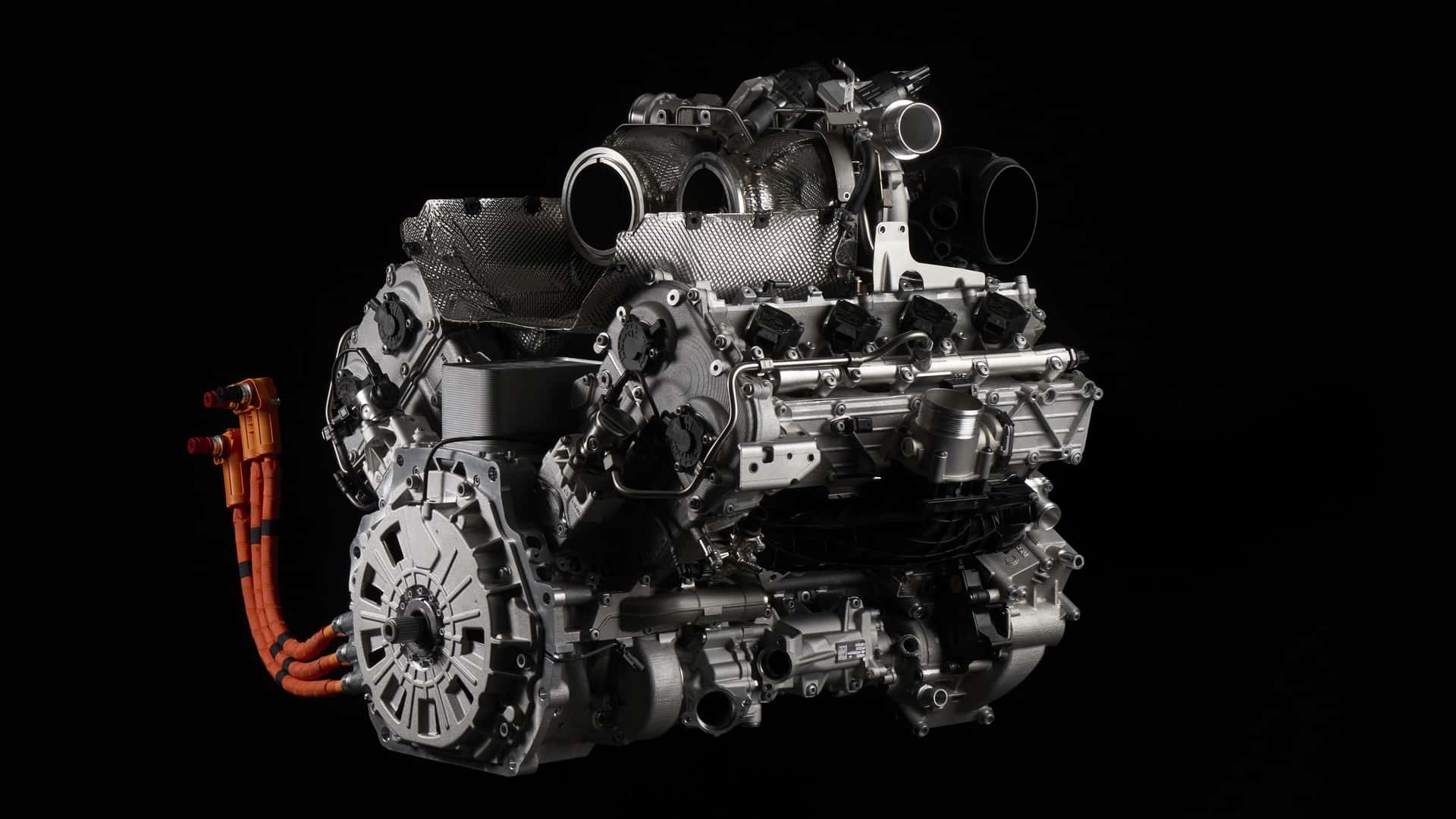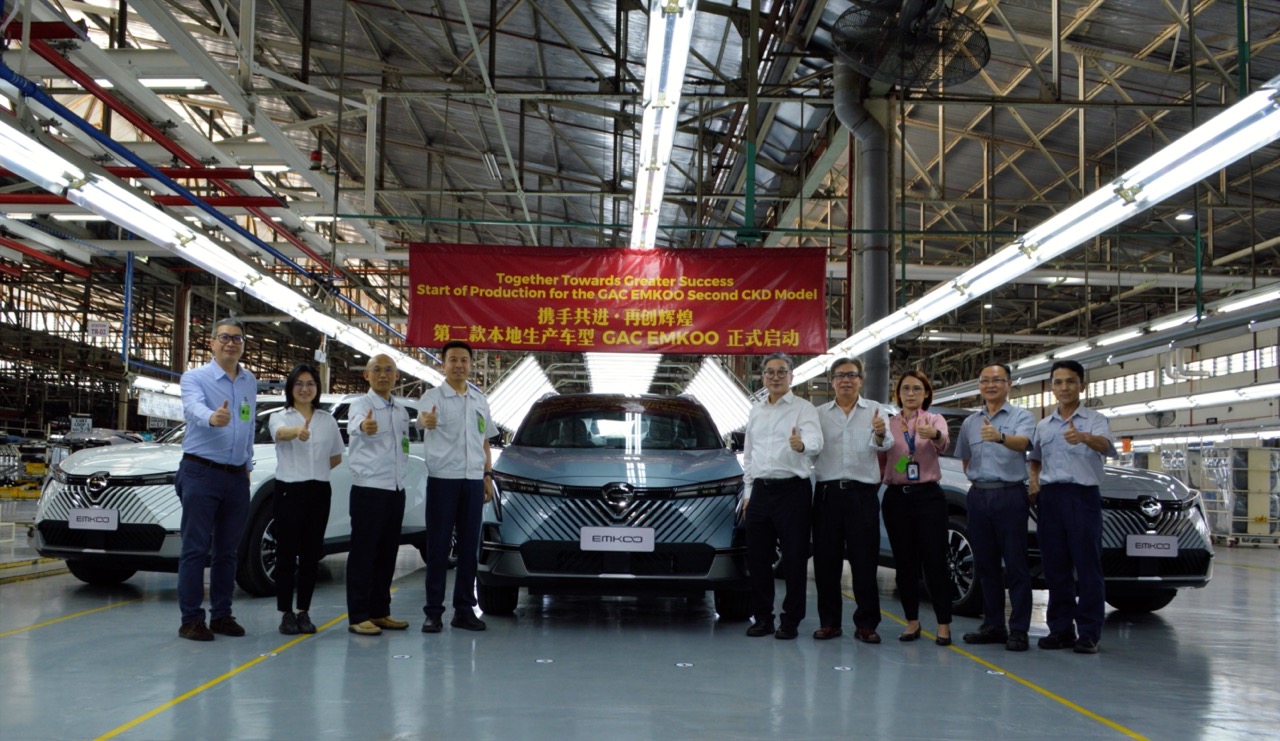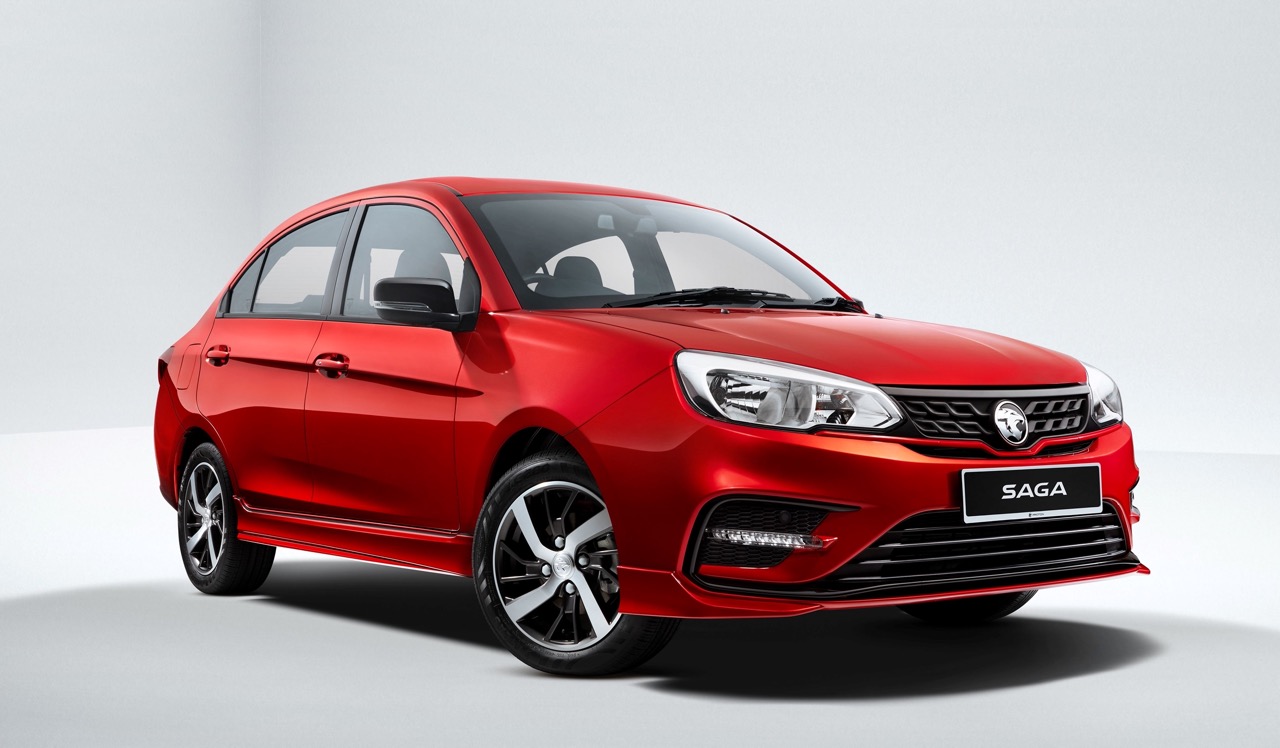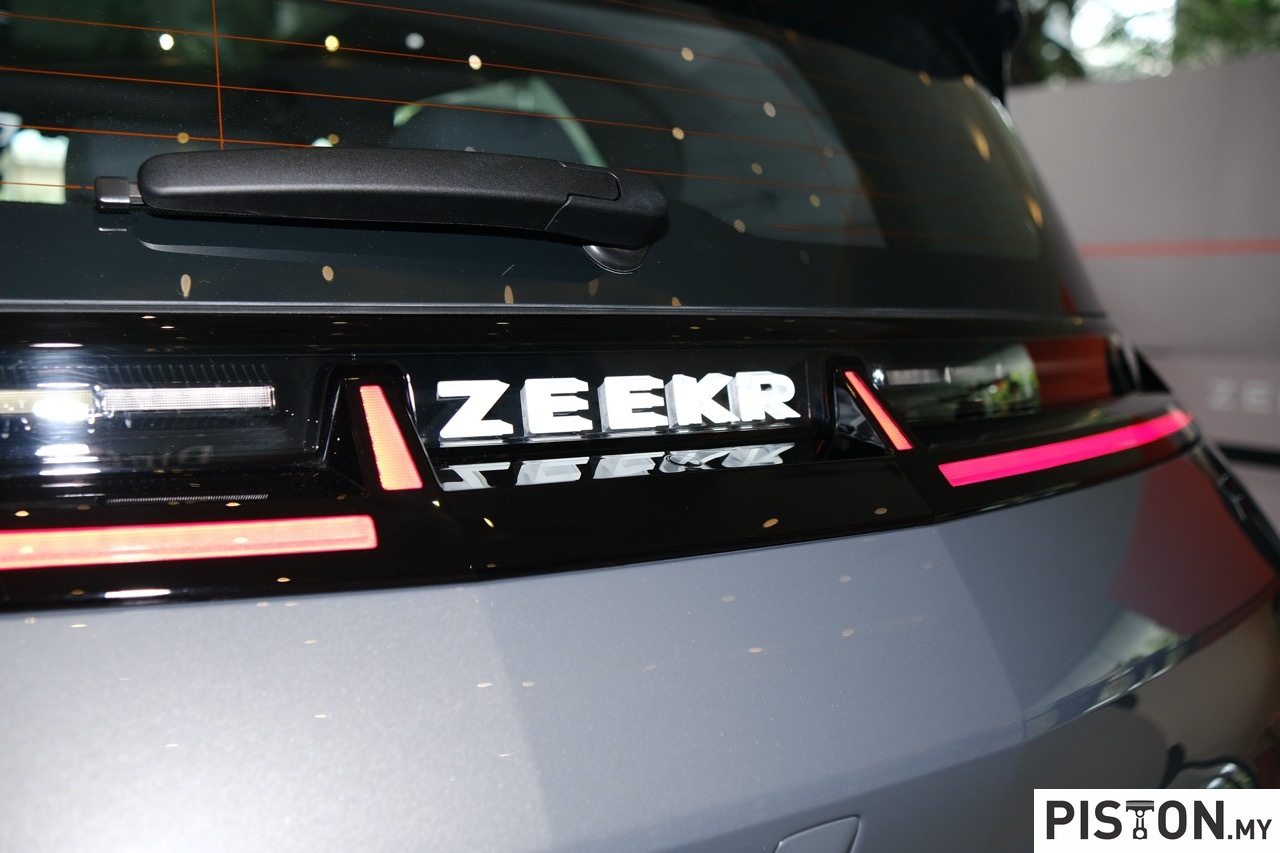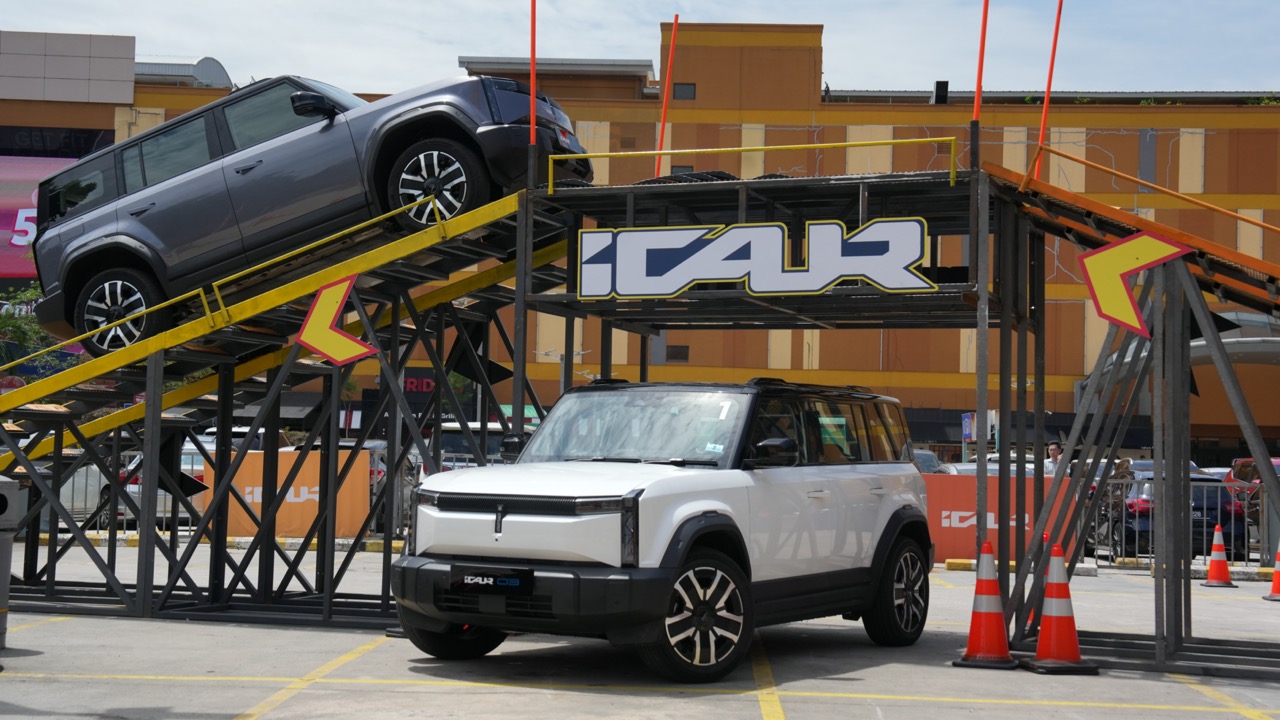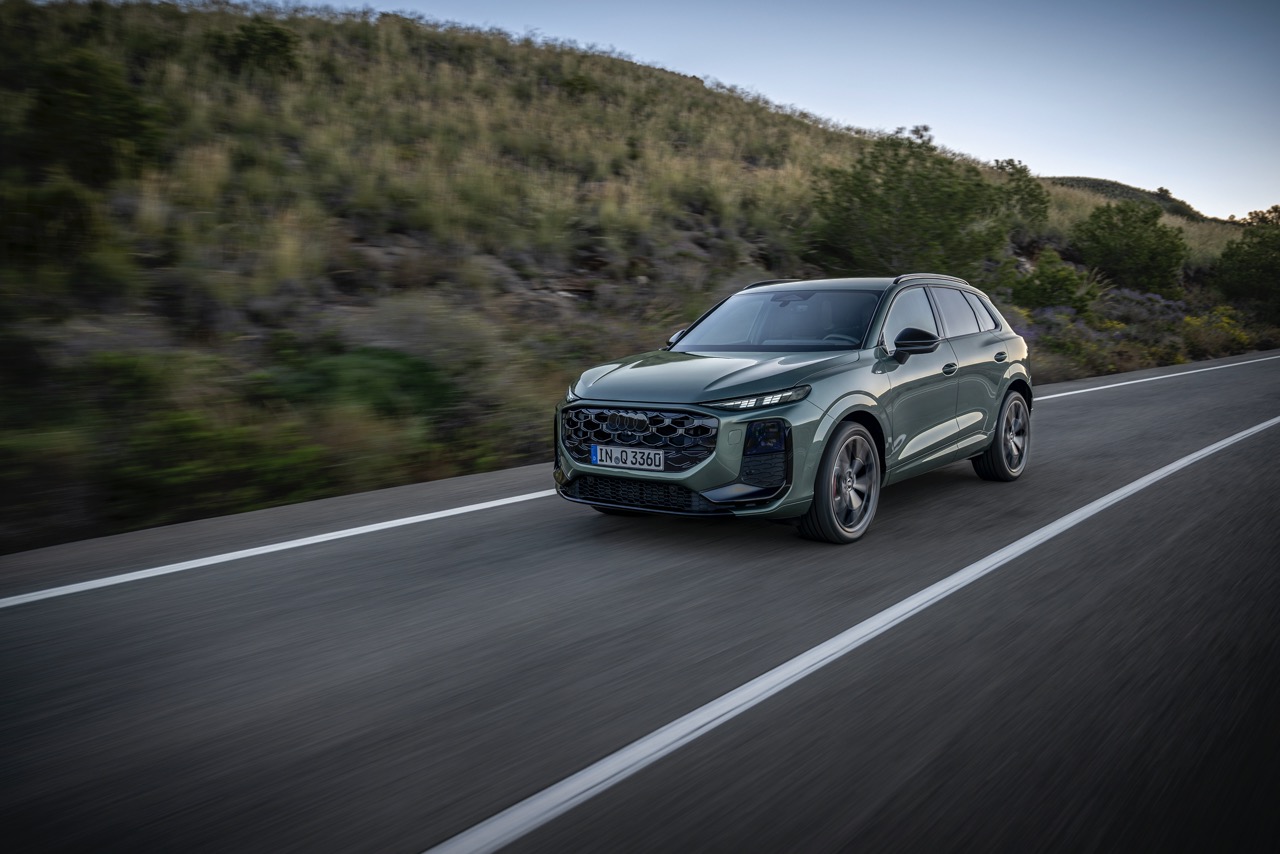Despite the rising adoption of electric vehicles (EVs) in Malaysia, the current number of EVs on the road is insufficient to justify the widespread deployment of charging infrastructure, according to Yinson Holdings Bhd CEO Lim Chern Yuan. According to The Star, Lim highlighted that while low taxes have driven EV sales, infrastructure expansion still lags.
“There are about 38,000 EVs on Malaysian roads today, but this number doesn’t yet warrant placing charging stations nationwide,” said Lim. He emphasised the ongoing collaboration with regulators to accelerate the rollout of EV infrastructure.
A Unified Asean Strategy
Lim underscored the importance of a cohesive Asean strategy to strengthen the region’s EV industry. He argued that relying on assembly-focused models limits the potential for value creation, advocating instead for investment in high-value sectors such as semiconductors, battery technology, and software engineering.
“We need to move beyond assembly, which creates lower-paying jobs, and focus on areas that add significant value,” Lim said. He noted that Malaysia’s semiconductor industry already plays a critical role in the EV ecosystem and could serve as a foundation for further growth.
Drawing lessons from China’s success in building a robust supply chain for EVs, Lim suggested that Asean countries should adopt a holistic approach by dividing focus areas among member nations rather than competing against one another. “Fragmented policies will hinder Asean’s ability to compete globally,” he added.
Building Domestic Demand and Consumer Confidence
Lim stressed the need to strengthen domestic demand for EVs across Asean to attract investment and nurture a comprehensive regional EV ecosystem. He cited Taiwan’s support for battery-swapping stations and after-sales services, such as EV maintenance shops, as a model for building consumer confidence.
“This kind of ecosystem is essential to encourage EV adoption. Asean must replicate such initiatives to boost customer confidence and attract investment in the EV sector,” he said.
Malaysia’s Goals and Regional Opportunities
Malaysia aims to install 10,000 public EV chargers by 2025, signalling a commitment to supporting EV adoption. However, Lim advised that Asean countries focus on advanced industries such as software engineering for driver assistance systems and renewable energy technologies to remain competitive globally.
“Asean must invest in high-value industries to build a sustainable and competitive EV sector,” Lim concluded.
While progress is being made, Lim’s remarks highlight the challenges of scaling EV infrastructure and the importance of cohesive regional strategies to foster long-term growth in the EV industry.



